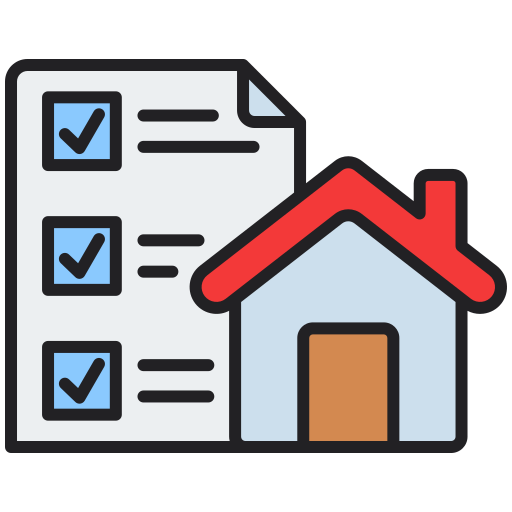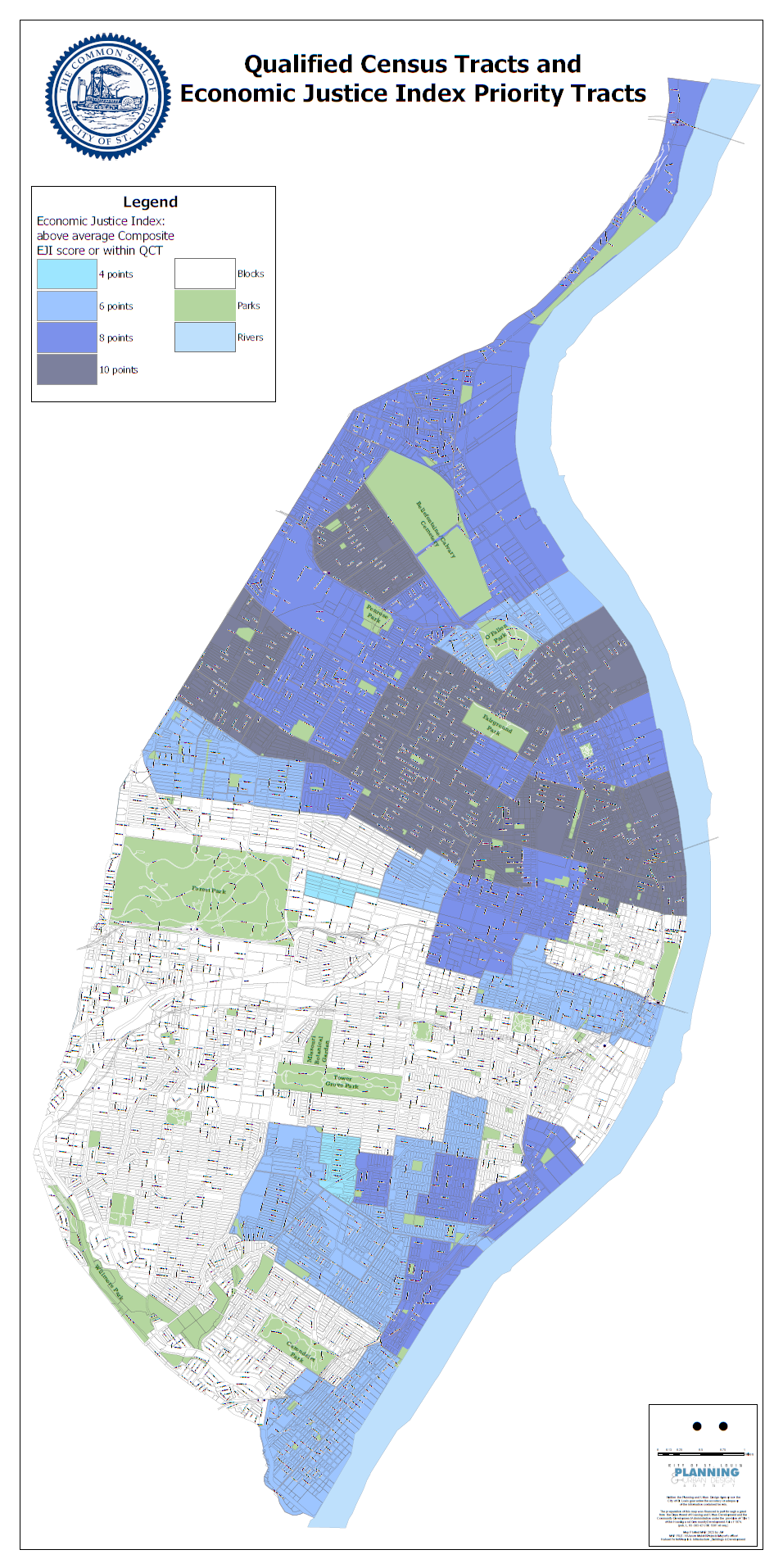Neighborhood Transformation Grants
Empowering communities to implement community-driven development!
AWARDS UPDATE June 26, 2024: CDA Announces $3.7m in Neighborhood Transformation Grants: Vacant Unit Turns, Neighborhood Plans, Community Small Grants, Beautifying Vacant Lots Small Grants
Neighborhood Transformation Grants NOFA (Notice of Funding Availability) from the Community Development Administration is seeking project proposals in Qualified Census Tracts (QCTs) and Economic Justice Index areas in the city. Non-profit organizations, Community Development Corporations (CDCs), home builders, construction contractors, and neighborhood associations are encouraged to submit a wide range of proposals like gardens and parks on vacant land, construction projects, hiring staff, back office support, minor to medium home renovations, home repairs, and more. The 2024 Neighborhood Transformation Grants funding cycle has $21,668,557 available for community-driven project and programs.
Due to changes in HUD regulations and CDA's submission process, all interested Housing Production applicants are strongly encouraged to participate in the Public Hearing/Workshop Friday, Feb 02, 2024 at 1pm.

Available funding:
-
HOME-ARP Permanent Supportive Housing - Available Funds: $9,668,557 (HOME-ARP)
-
Affordable Housing Production: Rental and For Sale - Available Funds: $6,000,000 (CDBG/HOME)
-
Affordable Housing Production: Vacant Unit Turns - Available funds: $2,500,000 (ARPA)
-
Historic Home Repair Program and Construction Management Services (RFP) - Available funds: $1,000,000 (ARPA)
-
Neighborhood Plan Implementation - Available funds: $1,600,000 (Economic Development Sales Tax)
-
Neighborhood Capacity Building (RFP)- Available funds: $400,000 (Economic Development Sales Tax)
-
Community Development Grants Program Administration (RFP) - Available funds: $500,000 (CDBG)
Grant categories are guided by City of St. Louis' ARPA Needs Survey [public.tableau.com] and the City’s 2022 Economic Justice Action Plan’s three strategic pillars: economic empowerment, equitable & inclusive development, and neighborhood transformation

Click here to access Housing Production appendix documents, resources links, and 2024 Housing NOFA Workshop & Public Hearing slides.
 Watch the 2024 Housing NOFA Workshop & Public Hearing recording Youtube.
Watch the 2024 Housing NOFA Workshop & Public Hearing recording Youtube.
 Watch the Pre-Submittal meeting on Youtube for Neighborhood Plan Implementation, Neighborhood Capacity Building (RFP), Community Development Grants Program Administration (RFP).
Watch the Pre-Submittal meeting on Youtube for Neighborhood Plan Implementation, Neighborhood Capacity Building (RFP), Community Development Grants Program Administration (RFP).
Click here to access Pre-Submittal meeting slides, a transcript, and Q and A. Watch the CDA Training Workshop: Salesforce Grants Management Portal on Youtube.
Watch the CDA Training Workshop: Salesforce Grants Management Portal on Youtube.
Grant and RFP details:
HOME-ARP Permanent Supportive Housing: The HOME Investment Partnerships Program, part of the American Rescue Plan, facilitates the creation of affordable housing opportunities for low-income individuals and families. This funding cycle, specifically for permanent supportive housing, addresses housing affordability challenges and promotes inclusive communities. Available Funds: $9,668,557 LRA Inspections End: April 8, 2024 5:00PM Application Deadline: April 30, 2024 4:00PM Preliminary Design Review Ends: April 15, 2024 5:00PM Proposals Due: April 30, 2024 4:00PM
Affordable Housing Production: Rental and For Sale: Funds supporting rehabilitation of vacant properties and new construction of for-sale affordable housing with an affordability period for residents at or below 80% Area Median Income(AMI) and for affordable rental housing with an affordability period of 20 years for residents at or below 50% AMI. Available funds: $6 million LRA Inspections End: April 8, 2024 5:00PM Application Deadline: April 30, 2024 4:00PM Preliminary Design Review Ends: April 15, 2024 5:00PM Proposals Due: April 30, 2024 4:00PM
Affordable Housing Production: Vacant Unit Turns: The City is seeking to fund the repair, maintenance, and update of vacant rental units to bring these units online to rent to low to moderate income tenants (50% AMI or less). This NOFA is funded by State and Local Fiscal Relief Funds. Available funds: $2.5 million Issued: January 30, 2024 Public Workshop: February 2, 2024 LRA Inspections End: March 8, 2024 Preliminary Design Review Ends: March 15, 2024 Application Deadline: March 29, 2024
Neighborhood Plan Implementation: Funds to bring to reality Neighborhood plans adopted by the City of St. Louis Planning Commission within the last 6 years. The funding aims to support real and lasting neighborhood revitalization, with a specific focus on large targeted, place-based investments. Eligible applicants include developers, neighborhood associations, non-profit organizations representing specific neighborhoods and/or collaborative teams. Available funds: $1,600,000. Applications Due: March 29, 2024
Neighborhood Capacity Building (RFP): The City of St. Louis comprises 79 neighborhoods, each with unique assets, needs, interests, and dreams. With a vested interest in enhancing the capacity of neighborhood associations and similar non-profits, the city aims to meet resident needs and foster a stronger sense of community through small grants supporting neighborhood organizations. Funded by the Economic Development Sales Tax, uses include for neighborhood planning, community engagement, and preparing for future revitalization initiatives. Available funds: $400,000 Proposals due: March 29, 2024
Community Development Grants Program Administration (RFP) : The City of St. Louis faces a significant challenge with 24,000 vacant parcels. CDA seeks an interdisciplinary team to implement a grant program addressing vacancy and blight - especially by activating on vacant lots. In response to recommendations from a 2017 Land Bank Assessment, the city aims to comprehensively manage vacant properties, enhance communication, and strengthen partnerships to reduce vacancy. This initiative follows engagements with the Center for Community Progress Leadership Institute, resulting in reports guiding the city's efforts like the Vacancy to Vibrancy Toolkit, to combat blight and activate vacant lots. Available funds: $500,000 Proposals Due: March 29, 2024 (deadline extended)
Historic Home Repair Program and Construction Management Services (RFP): CDA is seeking a not-for-profit organization to perform construction management services in order to administer a Historic Home Repair Program for owner-occupants who live in the Hyde Park, Ville, Visitation Park or other national register or local historic districts of the City of St. Louis. Available funds: $1,000,000 Proposals due: March 15, 2024
Eligible Applicants
Respondents may be non-profit institutions with development capacity, construction contractors, housing developers, neighborhood associations, Community Development Corporations (CDCs), CDA Certified Community-Based Development Organizations (CBDO), and organizations engaged in development activities. Respondents focused on the same geography are encouraged to submit joint applications in order to present a comprehensive community driven development plan for the target geography. Teams are strongly encouraged!
-
capacity to comply with regulatory requirements; specialized experience, technical competence of the organization and staff; proposed work plan & KPIs: neighborhood transformation strategy; budget, sources, uses & leverage
-
Economic Justice Action Plan alignment, catalytic and sustainable impact, neighborhood plan alignment, community support, and leverage.
-
Economic Justice Index; City Demonstration Areas; Neighborhood Revitalization Strategy Areas; QCTs, and proximity to community assets - Schools, Transit, etc. Note: extra points will be awarded to projects in overlapping priority areas (see map).
Application Portal
Welcome to the CDA Grants Management Portal!
We are excited to introduce our brand-new application portal for Neighborhood Transformation Grants and upcoming CDA funding cycles. Designed with user-friendliness in mind, our new portal has enhanced features to streamline the application process and empower applicants like never before.
Get started today at cdagrants.stlouis-mo.gov/ What's New?
- Multiple Applications: With our new portal, you can now submit multiple applications from one log-in.
- Team Collaboration (coming soon): New features will allow you to add team members to your applications, making it simpler to work together, track progress, and communicate with CDA.
- Mobile-Friendly: The new portal will allow access to submit applications on multiple devices. Plus, applicants can scan documents directly from mobile device cameras.
- Powered by Salesforce: The portal is backed by robust technology to ensure a seamless and efficient application process.
Portal Help
If you are having technical issues with the portal, please use the CDA Applicant Portal Technical Assistance Form. Note: this form is only for technical issues. Questions about the NOFA will not be answered from this form. Please follow NOFA instructions to ask questions about the NOFA.
Eligible & Priority Geography
All funded activities must be located within the City of St. Louis, with priority given to projects serving communities in Qualified Census Tracts and Economic Justice Index areas. Projects located near community assets such as schools and transit will receive bonus points during evaluation.
Priority geographies include all City of St. Louis 2024 Qualified Census Tracts (QCTs) and/or areas that have an Economic Justice Index Composite Score of 40.6 or higher. CDA will also prioritize projects and programs serving census tracts with higher economic justice index scores. These tracts include some of the City’s poorest communities as well as some of the City’s most historically segregated neighborhoods.
The Economic Justice Index was born out of the City’s Economic Justice Action Plan, and reflects the City’s development agencies’ efforts to measure need and inequities in St. Louis.The Economic Justice Index and its ten component variables can be further explored here.
Applications will receive bonus points according to which area in Economic Justice Index they serve as well as proposed projects’ location to community assets, for example: transit and schools as detailed in the map below.
Economic Justice Areas
The City of St. Louis is targeting ARPA funds to communities disproportionately impacted by the COVID-19 pandemic.
The map below consolidates over 10 factors ranging from life expectancy and violent crime rates to education attainment and Internet access to identify the census tracts in the city with the most needs. You can you find additional citywide details on the Economic Justice Index Overview map.
